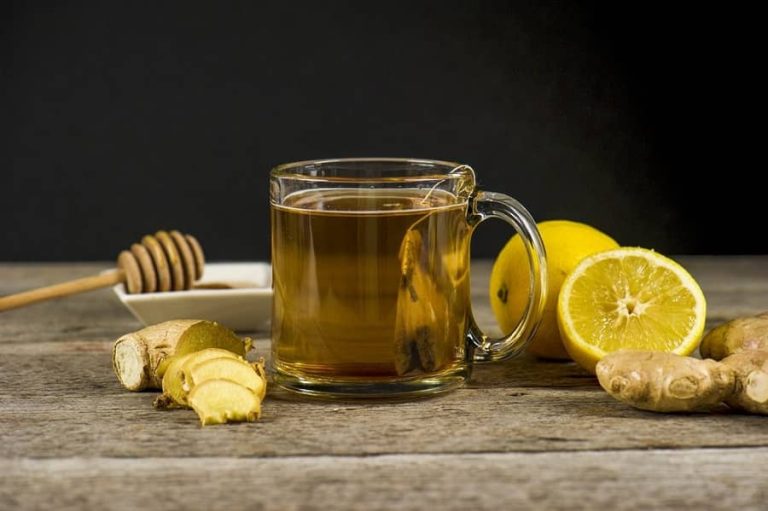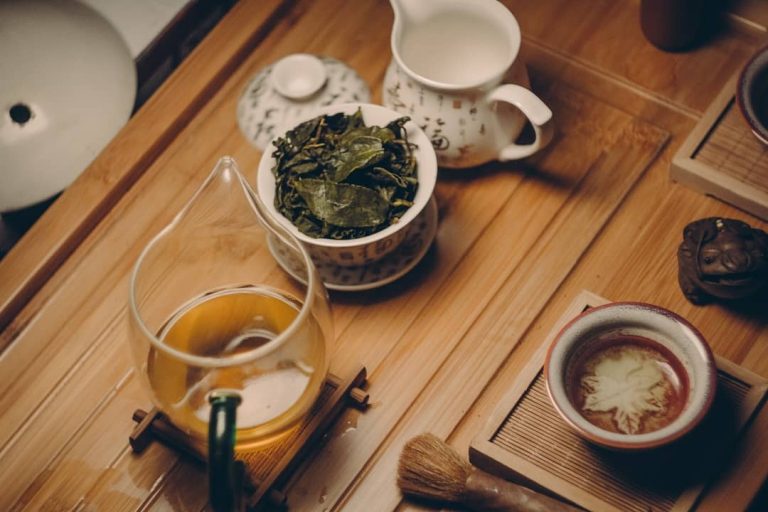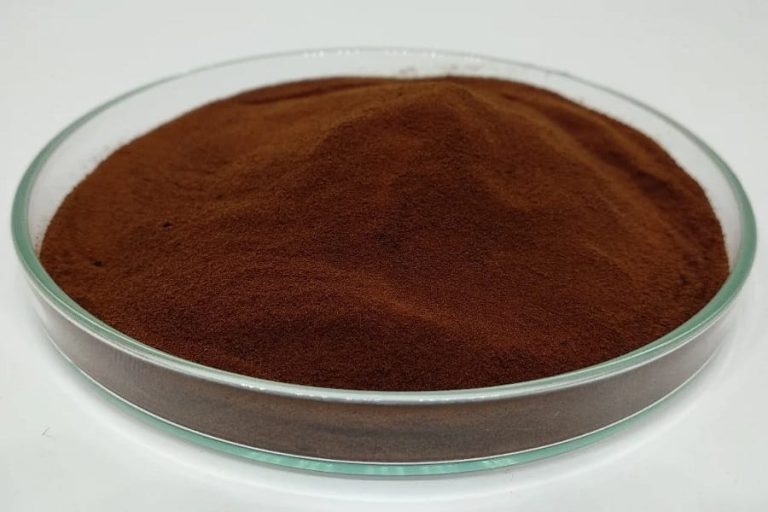Carbohydrate in Tea: Exploring Its Types, Nutritional Value, and Factors Influencing Content

Carbohydrates are an essential macronutrient that provides energy for our body’s daily functions. While they are commonly associated with foods like bread, rice, and fruits, it may come as a surprise to learn that tea also contains carbohydrates. In this article, we will delve into the types of carbohydrates found in tea, their nutritional value, and the factors that influence their content.
Types of Carbohydrates Found in Tea
Tea contains two main types of carbohydrates: simple carbohydrates and complex carbohydrates. Simple carbohydrates, such as glucose and fructose, are easily broken down by the body and provide quick energy. These sugars contribute to the natural sweetness found in some teas. On the other hand, complex carbohydrates, including polysaccharides and oligosaccharides, are more complex structures that take longer for the body to break down.
Nutritional Value of Carbohydrates in Tea
While tea is not a significant source of carbohydrates compared to other foods, it can still contribute to your overall carbohydrate intake. On average, a cup of brewed tea contains around 2-4 grams of carbohydrates, primarily in the form of simple sugars. Although the caloric value of carbohydrates in tea is relatively low, they can still provide a modest boost of energy.
Consuming carbohydrates from tea offers various health benefits. Firstly, these carbohydrates aid digestion by promoting the growth of beneficial gut bacteria. The fermentation of carbohydrates in the gut helps maintain a healthy digestive system. Secondly, certain types of complex carbohydrates found in tea, such as polysaccharides, have been associated with reduced risk of chronic diseases like cardiovascular disease and diabetes. Lastly, the carbohydrates in tea can provide a natural energy boost without the crash often associated with sugary drinks.
Factors Affecting Carbohydrate Content in Tea
The carbohydrate content in tea can vary depending on several factors. The type of tea plays a significant role as different varieties, such as black, green, or oolong tea, have varying carbohydrate profiles. Growing conditions, including climate and soil composition, can also influence the carbohydrate content in tea leaves. Additionally, processing methods, such as oxidation and fermentation, can affect the breakdown of carbohydrates, altering their composition.
Conclusion
Carbohydrates, although present in smaller quantities compared to other food sources, are indeed found in tea. Understanding the types of carbohydrates in tea and their nutritional value is essential for individuals mindful of their carbohydrate intake. Tea’s carbohydrate content contributes to its overall appeal and can offer certain health benefits. However, it is important to consider the factors that influence carbohydrate content, as different types of tea and processing methods may yield varying results. So, next time you enjoy a cup of tea, remember that even this seemingly simple beverage contains a touch of carbohydrates to support your daily energy needs.
















